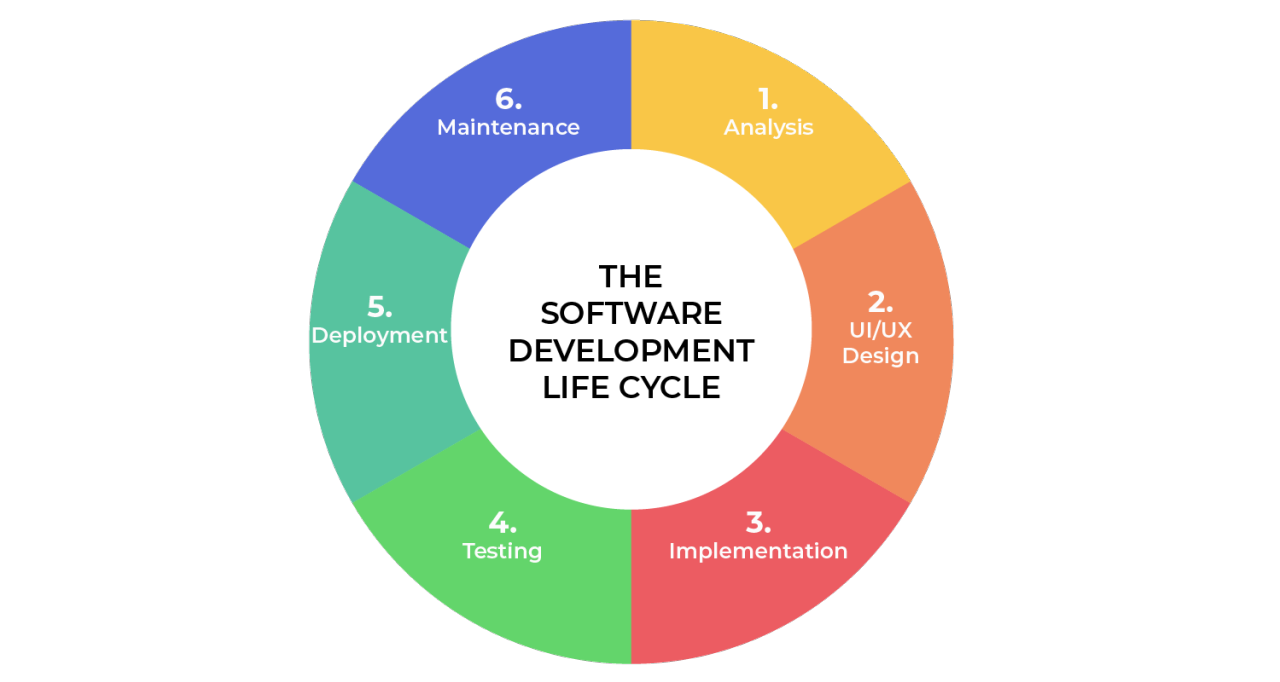In today’s fast-paced digital landscape, the pressure to deliver projects quickly can often overshadow the importance of methodical and deliberate development practices, especially in website development. While the demand for rapid turnaround times is understandable, prioritizing speed at the expense of planning and methodical execution can lead to a myriad of issues in the long run. In this article, we’ll explore why it’s better to work methodically with a plan rather than rushing through the website development process.
Understanding the Need for Methodical Development
Methodical website development involves a systematic approach that emphasizes careful planning, clear documentation, and structured execution. It entails breaking down the development process into manageable stages, each of which is approached with precision and attention to detail. While this approach may seem slower initially, its benefits far outweigh the perceived drawbacks.
Quality and Stability
One of the most significant advantages of methodical development is the emphasis it places on quality and stability. By taking the time to plan each aspect of the website thoroughly, developers can ensure that the final product meets the highest standards of performance, usability, and reliability. Methodical development allows for comprehensive testing and debugging, reducing the likelihood of critical errors and technical glitches that could compromise the user experience.
Clear Communication and Collaboration
Methodical development also fosters clear communication and collaboration among team members. By establishing a well-defined plan and timeline upfront, developers, designers, and stakeholders can align their efforts and expectations effectively. Regular checkpoints and progress updates ensure that everyone remains informed and involved throughout the development process, minimizing misunderstandings and promoting a cohesive team environment.
Scalability and Future-Proofing
A methodical approach to website development takes into account the long-term scalability and future-proofing of the project. By carefully considering factors such as technology stack, architecture, and infrastructure requirements, developers can build a foundation that can accommodate future growth and evolution. This proactive mindset helps mitigate the need for costly and disruptive rewrites or migrations down the line, saving time and resources in the process.

User-Centric Design and Experience
Methodical development allows for a more thoughtful and deliberate approach to user-centric design and experience. By conducting thorough research, usability testing, and user feedback analysis, developers can gain valuable insights into the needs and preferences of their target audience. This knowledge informs the design and functionality decisions, resulting in a website that is intuitive, engaging, and tailored to the needs of its users.
Risk Mitigation
Rushing through the website development process increases the likelihood of overlooking critical details and potential risks. Methodical development, on the other hand, enables developers to identify and mitigate risks early in the project lifecycle. By conducting thorough risk assessments and contingency planning, teams can preemptively address issues before they escalate into major setbacks or roadblocks.
Adapting to Changing Requirements
In today’s dynamic digital landscape, requirements and priorities can change rapidly. Methodical development provides the flexibility and adaptability needed to respond to evolving needs and market trends. By breaking down the project into incremental stages and incorporating feedback loops, developers can iterate and refine the website iteratively, ensuring that it remains aligned with the evolving goals and objectives of the business.
Conclusion
While the temptation to prioritize speed and quick turnaround times in website development is understandable, the benefits of working methodically with a plan far outweigh the allure of rapid delivery. Methodical development promotes quality, stability, clear communication, scalability, user-centric design, risk mitigation, and adaptability—all essential elements for building successful websites that stand the test of time.
By embracing a methodical approach, developers can ensure that their projects are built on a solid foundation, meeting the needs of both clients and end-users alike. In a landscape where quality and user experience are paramount, methodical website development is not just a preference—it’s a necessity for long-term success in the digital age.

